Google to Replace Assistant with Gemini on Android Devices in 2025
In a significant transformation of its voice assistant ecosystem, Google is preparing to replace Google Assistant with its next-generation AI, Gemini, across Android smartphones and other connected devices. This shift, planned for full implementation throughout 2025, marks the end of an era for the widely used Google Assistant and ushers in a new chapter centered around advanced generative AI capabilities.
The slow transition to Gemini is already in progress, affecting billions of Android phones, tablets, wearable tech, smart home devices, and car systems. By making Gemini the main AI experience, Google aims to transform how people interact with technology, moving from task-based commands to more conversational, intelligent, and context-aware experiences.
A Strategic Evolution in Google’s AI Journey
Google Assistant has long been a cornerstone of Google’s ecosystem, offering users voice control for tasks like setting reminders, sending messages, playing music, and navigating directions. However, with the rise of generative AI and large language models, Google is now pivoting to a more advanced assistant designed to handle far more complex tasks.
Initially, Gemini was an experimental AI model. It is now being marketed as the next generation of voice-based interaction, capable of deep reasoning, real-time user engagement, and a better understanding of surroundings.
This move is not just a product update—it’s a full-scale transformation. Google aims to modernize its assistant experience in line with recent AI advancements, creating a platform that is not only more capable but also more personalized and adaptive to user needs.
Phased Rollout and User Migration

The shift from Google Assistant to Gemini is being managed through a phased rollout, starting with Android smartphones. Eligible users will receive updates prompting the transition to Gemini, with additional devices—including tablets, smartwatches, and headphones—following suit. During this transitional period, Google Assistant will remain functional to avoid user disruption.
Once the migration is complete, Assistant will gradually be phased out from most mobile devices and app stores. Google is committed to ensuring a smooth user experience, with Gemini taking over core functionalities and introducing a host of new features to enhance utility.
Expanded Capabilities: What Gemini Offers
Unlike Google Assistant, which was built mainly around predefined commands and voice triggers, Gemini is designed with the flexibility of a generative AI model. It enables a broader and more natural range of interactions, moving beyond simple voice queries to deliver contextual understanding, conversational depth, and real-time learning.
Some of Gemini’s key features include:
- Music Playback & Media Controls: Gemini supports seamless integration with major streaming platforms, allowing users to play, pause, or skip songs even from the lock screen. Its improved recognition of music preferences and app compatibility makes playback more intuitive and personalized.
- Timers, Alarms, and Reminders: Essential daily functions like setting timers or reminders are supported but with added intelligence. Gemini can interpret time ranges and recurring schedules more intuitively, suggesting optimized timings based on past habits and real-time schedules.
- Action Execution from Lock Screen: With enhanced security protocols, Gemini allows users to perform specific tasks directly from the lock screen without needing to unlock their devices. This feature balances speed and privacy, ensuring faster access to everyday tasks without compromising security.
- Gemini Live: A new interactive mode that enables ongoing, real-time conversations without the need to repeat activation phrases—ideal for multitasking and dynamic interactions. It creates a fluid dialogue that adjusts based on context, tone, and user engagement over time.
- Deep Research Capabilities: Gemini can perform in-depth research, generate structured content, summarize articles, or assist in exploring complex topics—all from a single prompt. It synthesizes large volumes of data quickly, making it a valuable tool for learning and productivity.
These features represent just the beginning of what Gemini is capable of as Google continues to refine and expand its AI abilities.
Expansion to a Multi-Device Ecosystem

Google is not limiting Gemini’s deployment to smartphones. The company has confirmed that the AI assistant will become available across a wide range of devices, each receiving customized versions of Gemini tailored to their form factors and use cases.
- Tablets and Foldables: Larger screens will take advantage of Gemini’s ability to handle multitasking, media interaction, and hands-free controls. The AI adapts its layout and voice responses based on screen size and orientation, improving usability.
- Wearables (e.g., Pixel Watch): Gemini is expected to power smarter interactions on smartwatches, including more accurate voice dictation, proactive notifications, and on-the-go assistance. Its lightweight AI footprint ensures fast, responsive interactions without draining battery life.
- Headphones and Earbuds: Hands-free operation via Gemini will enhance accessibility with voice-driven navigation and adaptive responses depending on user context. It enables discreet access to AI help in noisy environments, commuting, or during workouts.
- Automotive Platforms: Android Auto and cars with built-in Google systems will benefit from a voice-first driving experience, where Gemini can manage media, directions, calls, and messages with less manual interaction.
- Home Devices: Gemini will eventually power smart speakers, displays, and televisions, enhancing voice controls in the home. Devices that currently use Google Assistant—such as Nest Hubs and Chromecast—will be among those transitioning to the Gemini experience.
This unified AI rollout reflects Google’s strategy to bring consistency across all its platforms while using Gemini’s AI power to elevate user engagement and usability.
Conclusion
Google’s decision to retire Google Assistant in favor of Gemini marks a critical turning point in the company’s AI journey. It’s a clear signal that the future of voice interaction is not just about commands but about collaboration—between users and intelligent systems that understand and adapt.
As Gemini makes its way onto Android phones, smartwatches, cars, and home devices, users can expect more powerful, personalized, and natural interactions. While some may feel nostalgic about the simplicity of Google Assistant, the enhancements introduced by Gemini are expected to set a new standard for digital assistants in the age of generative AI.
Related Articles

Best Free Online Tools to Extract Audio from Any Video

Best Free Online Tools to Extract Audio from Any Video

How to Create Web Apps Using Claude Artifacts: A Full Beginner-Friendly Guide

Discover the Top 10 Fastest Web Browsers to Use in 2025

What Are the Best Methods to Integrate Square into Your Business Apps?
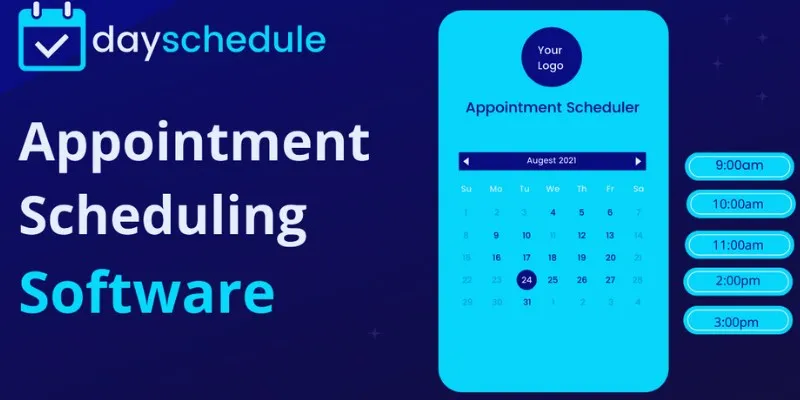
Simplify Appointment Scheduling with DaySchedule: The Ultimate Time-Saving Tool

How to Use Variables in Google Docs for Smarter Document Automation: A Guide
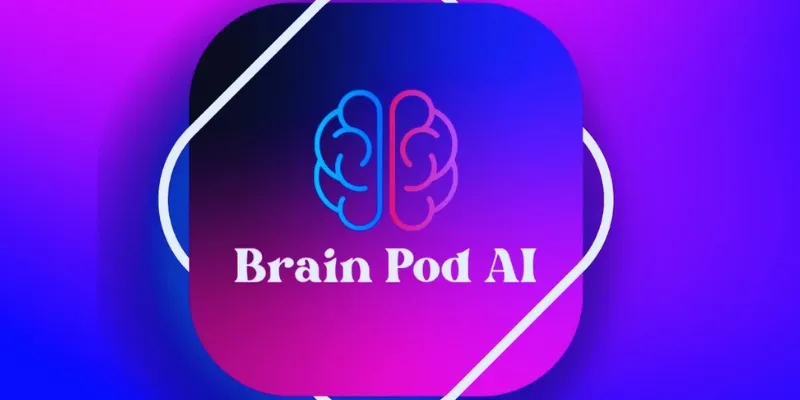
Master AI Automation: 5 Ways to Automate Brain Pod AI Effectively

What is Marketing Resource Management (MRM): A Comprehensive Guide

How to Colorize Photos with Palette AI: A Step-by-Step Guide For beginners

Effortless Guide: How to Create a Duplicate Menu in WordPress with One Click

Top 5 Scheduling Software for the Healthcare Industry You Need to Know
Popular Articles

The Best Email Drip Campaign Software: Top Picks for Seamless Automation
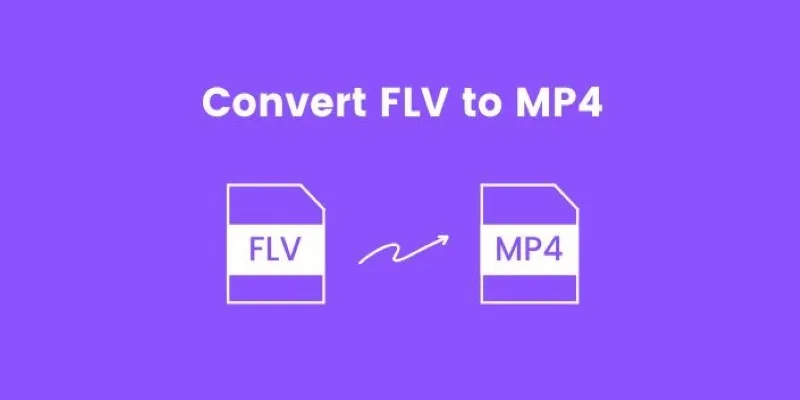
How to Convert FLV to MP4 for Free: Top Tools and Easy Methods

What Are Creative Ways You Can Use Trello to Organize Work, Life, and Everything In Between?

The 10 Best Competitor Analysis Tools in 2025 to Level Up Your Strategy

The 6 Best Construction Management Software Options to Streamline Your Projects

FilmoraGo Mobile Video Editor: Fast, Friendly, and Surprisingly Capable
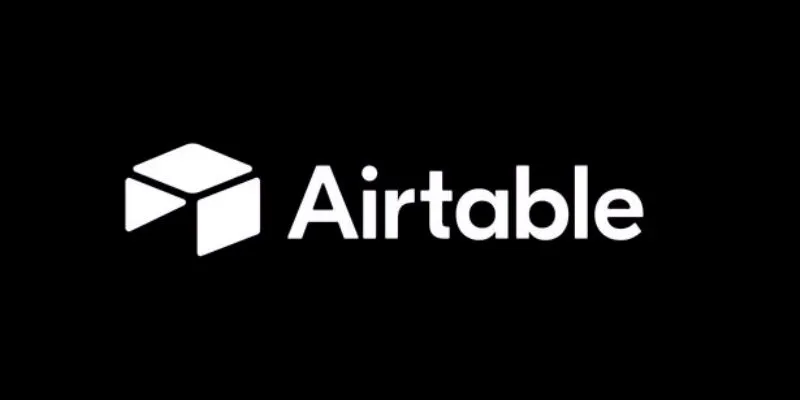
How to Create and Customize Airtable Views for Better Organization

The Top Tools to Edit and Convert MTS Videos Without iMovie

Top Free Online Tools to Convert WEBP Images to JPG Format Easily
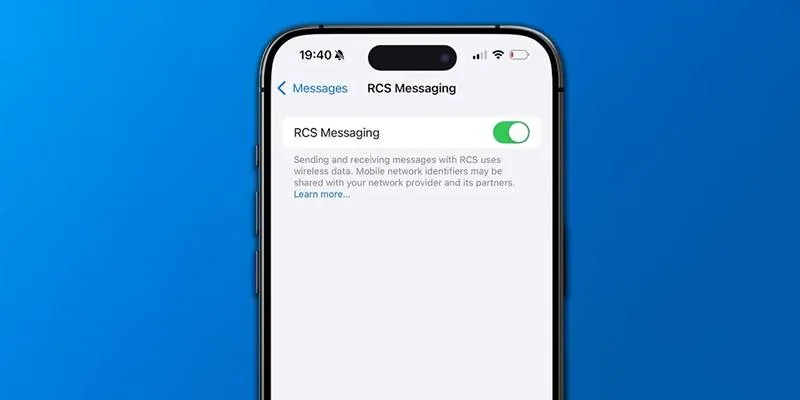
Apple to Launch End-to-End Encrypted RCS Messaging Later This Year

SkedPal vs. Motion: A Detailed Comparison to Find Your Perfect Scheduling App

 mww2
mww2